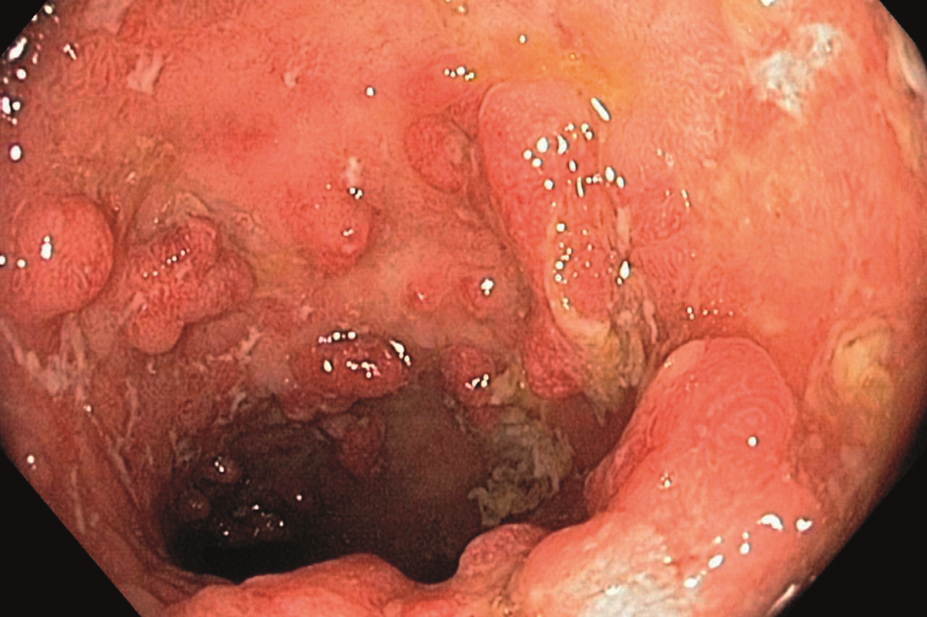
Gastrolab / Science Photo Library
The use of dipeptidyl peptidase-4 (DPP-4) inhibitors in type 2 diabetes has increased in the past decade. However, the effect of the DPP-4 enzyme in autoimmune diseases, such as inflammatory bowel disease (IBD), is not well understood.
Researchers carried out a population-based cohort study looking at 141,170 adults who started antidiabetic drugs between 1 January 2007 and 31 December 2016, with follow-up until 30 June 2017[1]
.
During follow-up, 208 incident IBD events occurred. The researchers found that, compared with use of other antidiabetic drugs, use of DPP-4 inhibitors was associated with a 75% increased risk of IBD (53.4 vs 34.5 per 100,000 person years; hazard ratio 1.75; 95% confidence interval: 1.22–2.49). The risk was found to increase with duration of use (up to three to four years) and decrease after four years.
Although these findings need to be replicated, doctors should be aware of this possible association and perhaps refrain from prescribing DPP-4 inhibitors for people at high risk, the researchers concluded in the British Medical Journal (21 March 2018).
References
[1] Abrahami D, Douros A, Yin H et al. Dipeptidyl peptidase-4 inhibitors and incidence of inflammatory bowel disease among patients with type 2 diabetes: population based cohort study. BMJ 2018;360:k872. doi: 10.1136/bmj.k872


